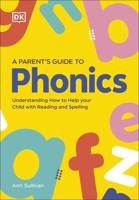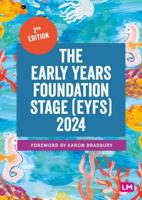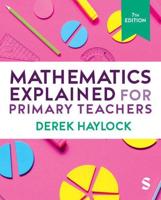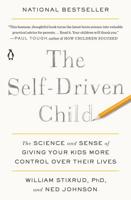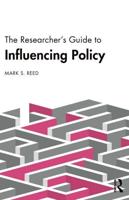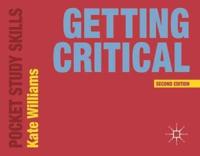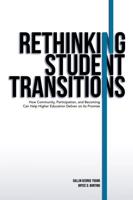Publisher's Synopsis
Excerpt from A Cyclopedia of Education, Vol. 4
The distinction between the free character of knowing and the subservient character of doing which underlay the Aristotelian defini tion of a liberal education was also associated with several points in his metaphysical and ethical system. Pure knowing, concerned only with the rational relations of immaterial forms, was, according to Aristotle, the highest thing in the universe. It was the final cause of the existence of nature, the supreme end and good. It defined the nature of God as pure activity. It dealt with the reason, the explana tion of all else, and was complete in itself just as a syllogism is self-inclosed, needing no help from outside. In contrast, doing or prac tice sprang from appetites, which are bod ily, not ideal: expressed needs, lack, incomple tion, imperfection, and in general was due to man's share in the animal, not the divine na ture. The highest, the freest, or most liberal of all pursuits was a theoretical contempla tion and inquiry which were supra-civic.
About the Publisher
Forgotten Books publishes hundreds of thousands of rare and classic books. Find more at www.forgottenbooks.com
This book is a reproduction of an important historical work. Forgotten Books uses state-of-the-art technology to digitally reconstruct the work, preserving the original format whilst repairing imperfections present in the aged copy. In rare cases, an imperfection in the original, such as a blemish or missing page, may be replicated in our edition. We do, however, repair the vast majority of imperfections successfully; any imperfections that remain are intentionally left to preserve the state of such historical works.


